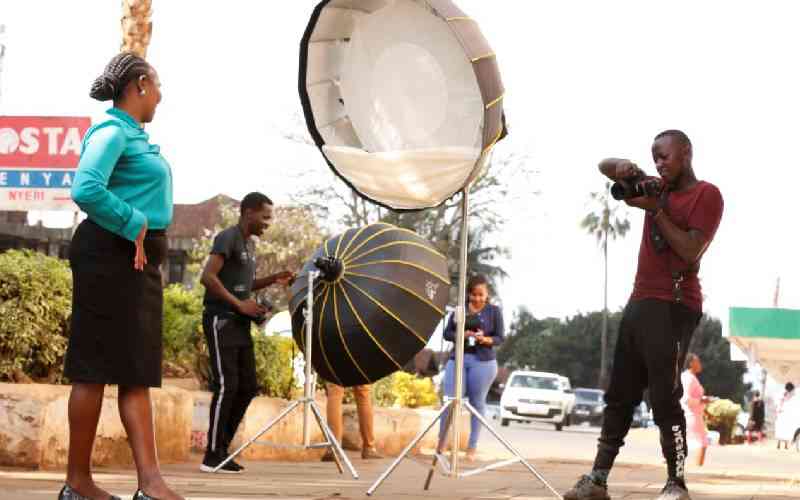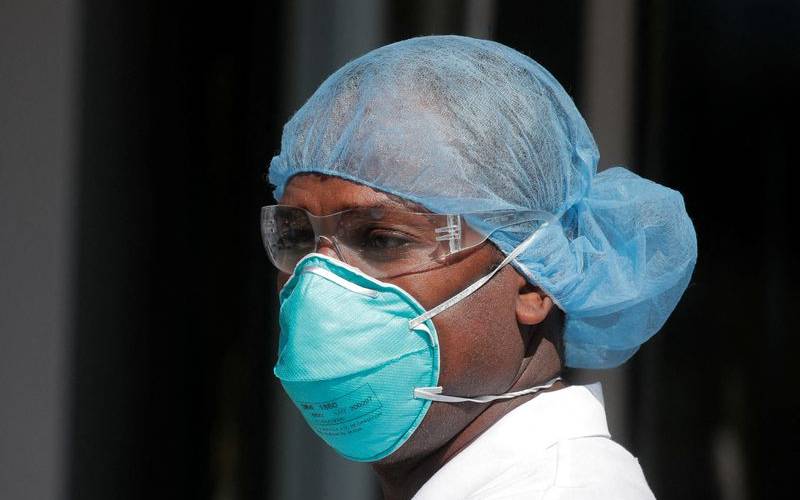Lorem ipsum dolor sit amet adipisicing elit. Sapiente fuga nisi rerum iusto intro.
Lorem ipsum dolor sit amet adipisicing elit. Sapiente fuga nisi rerum iusto intro.


Encyclopedia Britannica defines street photography as, a genre of photography that records everyday life in a public place. The very publicness of the setting enables the photographer to take candid pictures of strangers, often without their knowledge. Street photographers do not necessarily have a social purpose in mind, but they prefer to isolate and capture moments which might otherwise go unnoticed.
Street photography was first associated with Paris and renowned figures like Henri Cartier-Bresson, Brassaï, and André Kertész before being acknowledged as a distinct genre in the early 1930s.
Although it may have started as fun and games, street photography is growing rapidly. It is becoming the big thing of the day while creating some form of self-employment for many youths with a passion for the arts.
Being passionate is a major part of this line of work as dozens of youths now make a killing by sampling pressing the shutter for a ‘perfect shot’.
Today, in Nairobi’s CBD, an army of photographers with their kits has become a common sight, all training their cameras on those willing to have their photos taken at a fee.
And in Nyeri County, a small town with a dormant economy that sleeps as early as 9.30pm and rises at 6.00am is now copying Nairobi and embracing the street photography to drive its economy.

David Wanjohi says he has ventured into street photography to earn his daily bread.
"After finishing high school in 2020, I attained a mean grade of C minus and since there were no resources to take me to college, I decided to take an online short course in photography,” said Wanjohi.
This he said included videography and content creation where he paid for a subscription for the course that amounted to about Sh15,000.
Wanjohi said it took him three months to complete the course.
The young entrepreneur said that in October 2022 he started casual jobs in Nairobi and saved to buy a camera to practice what he had been learning.
“Luckily in January 2023, I bought my first camera worth Sh50,000. I started freelancing where I approach customers in the street and charge them Sh100 per photo,” Wanjohi said.
He slowly gained confidence as a street photographer in Nairobi aiming to buy all the equipment including set up stand for Sh14,000, a softbox for Sh12,00, a strobeSh60,000 and one lens for Sh18,000 to enable him do photograph any time of day.

“When I had enough equipment, I decided to come back to my home town in Nyeri considering life here is cheap and affordable, compared to Nairobi,” he said.
“My main clients include youth aged 18-30 and the Gen Z parents who love photographs for their social media platforms,” he said.
Wanjohi continues to charge Sh100 per photograph and in a good day like on weekends, he earns up to Sh7,000.
Currently, he has managed to employ one more person who helps him out.
For clients who want their photographs framed, Wanjohi said he charges depending on the size of the frame.
“The charges vary according to the size of the frame. For instance, I charge Sh2,000 for A3 size, Sh1,200 or A4 and Sh3,500 for A2 size,” he said.
The young entrepreneur believes that his photography work is unique due to his creativity and a good camera that can edit and frame the photo.
Social media is his major source of advertising as he posts photos there.
He plans to open a photo studio which will offer more services including song recording, voice-overs and content creation, and employ more youth.
“I plan to go back to school to pursue a diploma in photography to upgrade my skills,” Wanjohi said.
He urged the youth to take available jobs as they wait for their dream jobs.

Additionally, he urged the county government to support talents and make the business environment favourable for youth who are using skills learned in school to solve day-to-day problems.
Challenges
Although street photography has gained popularity in major towns, Wanjohi says in Nyeri, it is a new kid in the bloc and many residents are still skeptical about it.
He says majority of senior residents in the town are yet to embrace the idea and most of them occasionally take photographs and not on the streets.
His sentiments are echoed by 60-year-old Elijah Kimani who says at his age, he does not fancy the idea of photography.
Kimani who operates a hardware within Nyeri town said the idea only favours Gen Z’s and millennials who have several social media platforms.
"At my age am not comfortable sitting there on the street and taking a photo, we take photos on occasion or with my phone, but maybe my children and grandchildren can," Kimani said.
Wanjohi says unpredictable weather conditions are a major challenge to his work.
“Sometimes it is too hot and people cannot walk in the hot sun. On other days it rains too much and we spend the day indoors. With such unpredictability, it becomes hard to fully depend on street photography,” he said.
Additionally, they face harassment from county government officials who view them as hawkers.
As a result, Wanjohi is forced to operate in the evening after attending to other duties.

To personalise content, tailor ads and provide best user experience, we use cookies. By using our site, you agree to use our cookies. Privacy Policy
Subscribe to our newsletter and stay updated on the latest developments and special offers!



